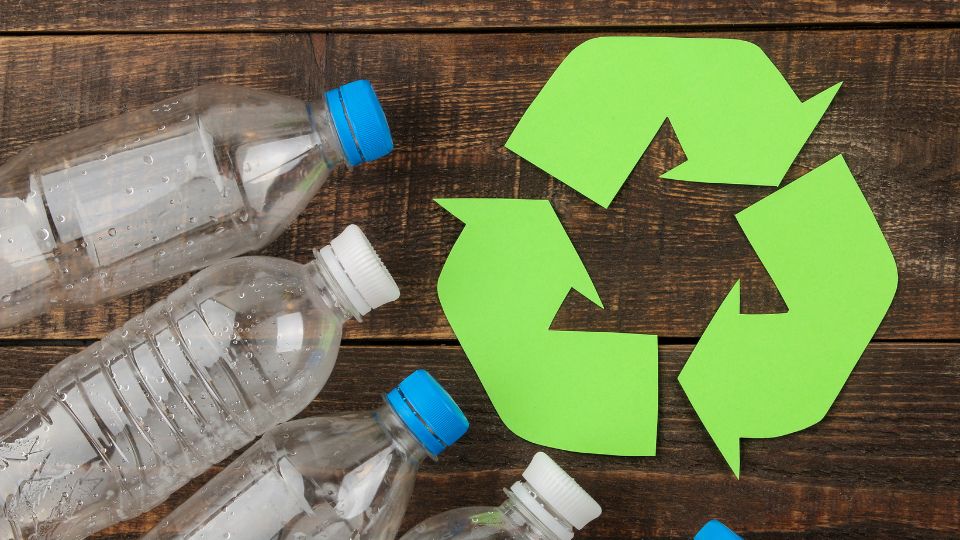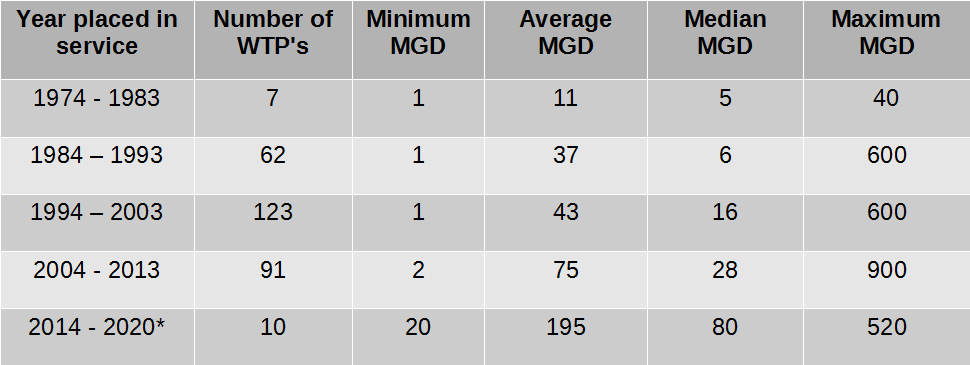Plastic pollution has become a global environmental crisis, with vast quantities of plastic waste entering landfills and oceans each year. In response, the need for innovative recycling technologies has never been more pressing. Ozone, a powerful oxidizing agent, has emerged as a game-changing solution in the realm of plastic recycling. In this blog post, we explore the transformative role of ozone in revolutionizing plastic recycling processes, offering a sustainable path towards a cleaner, greener future
The Challenge of Plastic Recycling:
Conventional plastic recycling methods often face significant challenges, including limited efficacy in degrading certain types of plastics, high energy consumption, and the generation of harmful byproducts. As a result, many plastics end up in landfills or incineration facilities, contributing to environmental degradation and greenhouse gas emissions.
Harnessing Ozone in Plastic Recycling:
Ozone offers a promising alternative for addressing these challenges and unlocking the full potential of plastic recycling. Ozone’s exceptional oxidative properties enable it to break down complex polymer chains found in various types of plastics, including polyethylene (PE), polypropylene (PP), and polystyrene (PS). By selectively targeting and degrading plastic molecules, ozone facilitates the conversion of plastic waste into valuable raw materials for new products.
Ozone-Assisted Degradation and Depolymerization:
In ozone-assisted plastic recycling processes, ozone is introduced into the recycling system, where it reacts with the surface of plastic materials, initiating chain scission and oxidation reactions. This process leads to the fragmentation of polymer chains, resulting in the depolymerization of plastics into smaller molecular units. These depolymerized products can then be purified and utilized as feedstock for the production of new plastic materials or other value-added products.
Advantages of Ozone in Plastic Recycling:
- Versatility: Ozone is effective in degrading a wide range of plastic materials, including polyethylene terephthalate (PET), polyvinyl chloride (PVC), and nylon, among others.
- Efficiency: Ozone-assisted degradation processes offer rapid and efficient conversion of plastic waste into usable materials, reducing processing time and energy consumption.
- Environmental Benefits: Unlike conventional recycling methods, ozone-assisted processes produce minimal harmful byproducts and emissions, minimizing environmental impact and promoting sustainability.
- Resource Recovery: By converting plastic waste into high-quality raw materials, ozone-based recycling technologies contribute to resource conservation and circular economy principles.
Applications of Ozone in Plastic Recycling:
Ozone is employed in various stages of the plastic recycling process, including:
- Pre-Treatment: Ozone can be used to modify the surface properties of plastic materials, enhancing their reactivity and facilitating subsequent degradation and depolymerization.
- Degradation and Depolymerization: Ozone-assisted processes enable the breakdown of polymer chains, leading to the production of depolymerized products suitable for further processing.
- Purification: Ozone-based purification techniques help remove impurities and contaminants from depolymerized products, ensuring the quality and purity of recycled materials.
Conclusion:
In conclusion, ozone holds tremendous promise as a transformative technology in the field of plastic recycling. By harnessing ozone’s oxidative power, we can overcome the limitations of traditional recycling methods and pave the way for a more sustainable and circular approach to plastic waste management. As we continue to innovate and develop ozone-based recycling technologies, we move closer to realizing a future where plastic waste is no longer a burden but a valuable resource for creating a cleaner, greener planet.
Through collaboration and investment in ozone-based recycling solutions, we can turn the tide on plastic pollution and build a more resilient and sustainable world for future generations.


